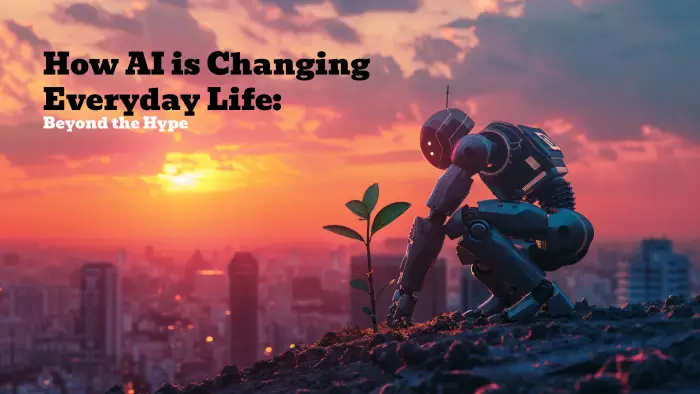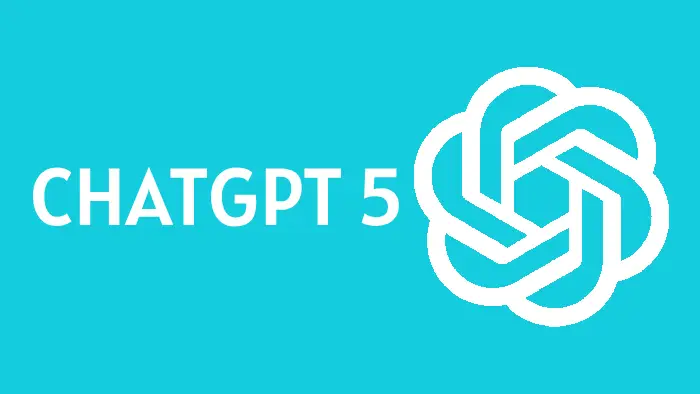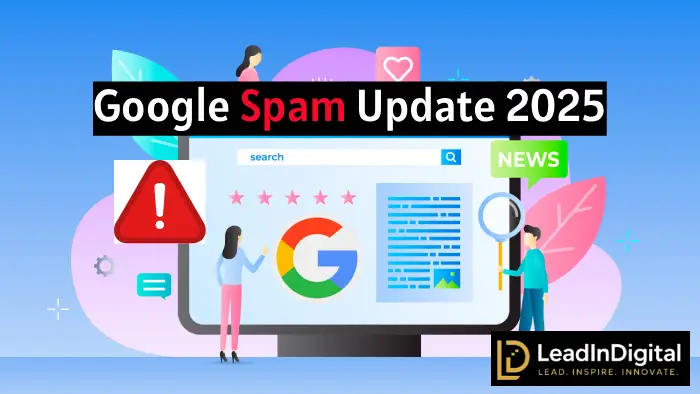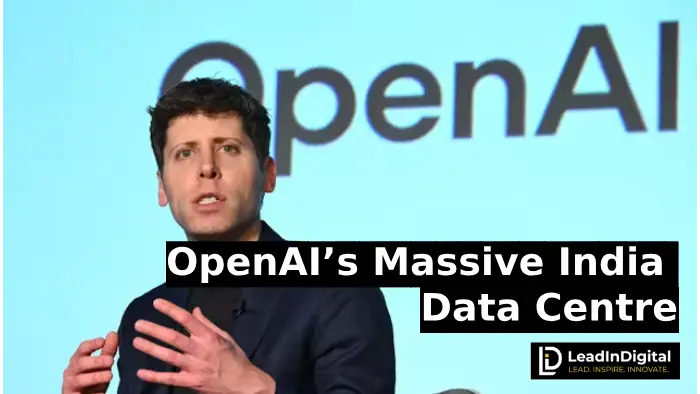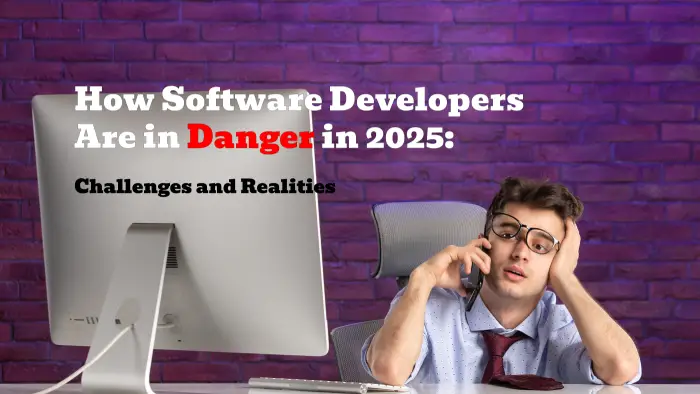
The world of software development is changing fast, and not all of it is positive. In 2025, software developers face unprecedented challenges from rapid AI advancements that shift the nature of their jobs to growing pressure, burnout, and job security concerns. This blog explores why developers are feeling in danger today and what it means for their futures.
The New Reality for Software Developers
Gone are the days when developers primarily wrote code by hand and relied on traditional resources like Stack Overflow for solutions. Today, AI tools such as GitHub Copilot, ChatGPT, and other code assistants have changed the landscape dramatically. While these tools boost productivity, they also introduce new issues:
Developers increasingly act more like prompt engineers guiding AI to generate code rather than coding manually.
AI-generated code can contain bugs or security flaws that developers have to catch.
Traditional communities and knowledge sources are becoming less reliable or replaced by AI suggestions.
The rapid influx of new tools and platforms creates constant pressure to learn and adapt.
Job descriptions now require skills in AI auditing and managing automated workflows.
This shift is exciting but also stressful, leaving many developers grappling with burnout, imposter syndrome, and concerns about job stability.
Key Challenges and Their Impact
| Challenge | Impact |
|---|---|
| AI Disrupting Traditional Coding Roles | Shift to prompt engineering, trust issues with AI-generated code |
| Burnout and Mental Health | High stress from constant change and nonstop learning |
| Job Security Concerns | Automation of routine coding tasks raises fears, especially for junior devs |
| Security and Quality | Potential vulnerabilities introduced by AI-assisted coding |
| Information Overload | Too many tools and rapid change make mastery difficult |
Why Are Developers Feeling the Pressure?
Constant Learning Curve: The number of tools is overwhelming. Developers must keep up with AI-powered IDEs, testing suites, cloud platforms, and low-code/no-code trends.
AI Accountability Gap: Developers often have to troubleshoot and take responsibility for AI-generated code errors, without direct control over how the AI works.
Mental Health Toll: The expectation to be always “on” creates a stressful environment that can lead to burnout.
Uncertain Job Futures: Even as AI boosts productivity, it raises questions about job security will routine roles disappear?
Security Risks: AI-generated code may inadvertently introduce security flaws, requiring rigorous audits and vigilance.
What Software Developers Can Do to Thrive
While these challenges are real, developers can take proactive steps to navigate and thrive in this changing landscape:
Embrace Continuous Learning
Stay adaptable by keeping up with new tools and AI technologies through courses and hands-on practice.Develop Higher-Level Skills
Focus on creativity, complex problem solving, AI oversight, and ethical decision-making areas where humans excel.Prioritize Mental Health
Establish boundaries, practice self-care, and advocate for supportive workplace cultures.Collaborate Actively
Communicate clearly with teams and leverage collective knowledge to reduce pressure.Stay Informed About Cybersecurity
Keep up with best practices to prevent vulnerabilities in AI-generated and traditional code.Advocate Ethical AI Use
Push for transparency, fairness, and accountability in AI tools to reduce bias and misuse.
Helpful Resources to Explore
Learn about managing AI in development with GitHub Copilot documentation.
Explore mental health support resources tailored for software developers via Mind.
Stay current on software security best practices at OWASP Foundation.
